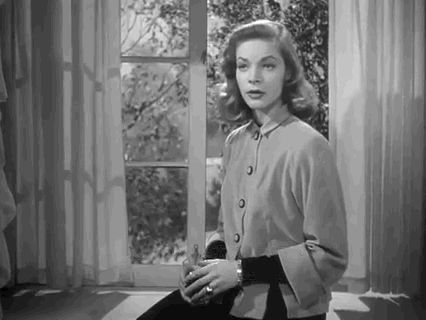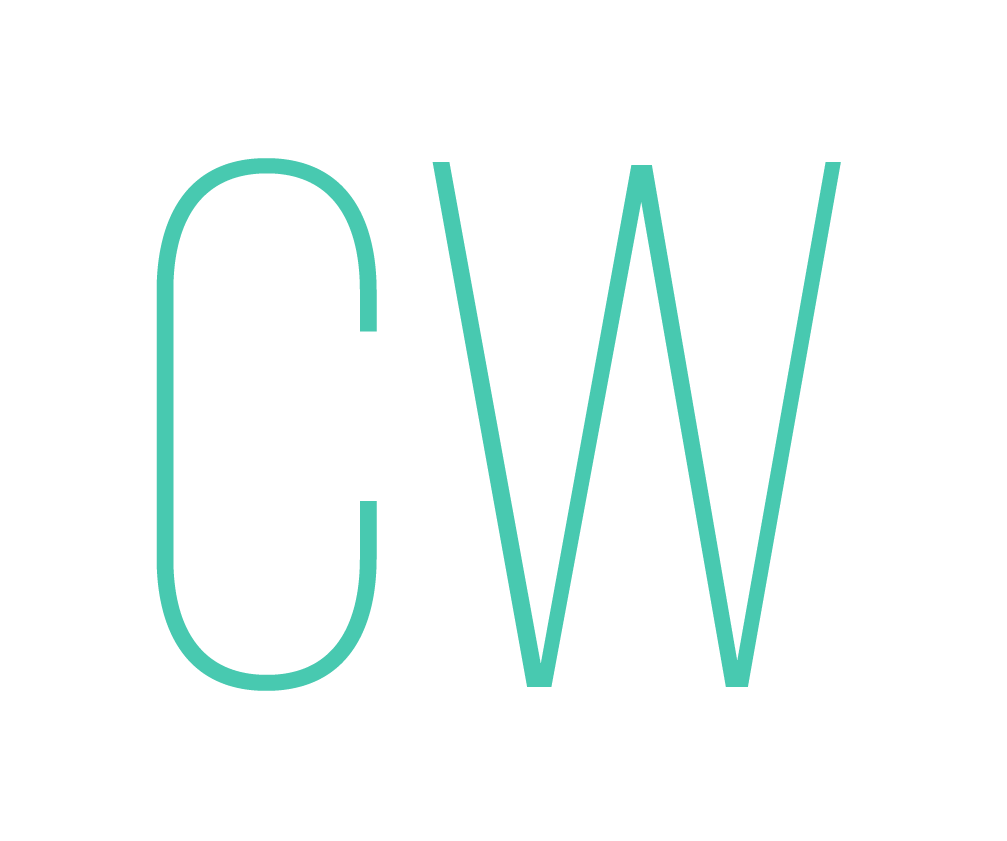How we misuse the words “I feel bad” and the dangers of good manners by Ori Lenkinski

*originally published in Hebrew on the Parental Choreography blog on Haaretz.co.il
When my younger child was a small baby, we went on a trip to the north with friends. On the way back, we stopped at a mall to get a bite to eat and feed the baby. It was Saturday evening and the mall was just reopening. I pushed the stroller around looking for a convenient spot to breastfeed while my husband took our older child to buy snacks. A uniformed guard spotted me wandering and approached me. He said there was a family room and told me to follow him to it. He led me down a long hallway, far away from the already sparsely populated mall. I had this nagging feeling every step we took. At the end of the walk, he opened a door to a dark room. Inside there was indeed a family room, outfitted with a changing table, sofas and a pungent of dirty diapers. He urged me to go in. He was incredibly insistent. A voice inside of me said “leave now” so I did. I could tell this hurt the guard’s feelings but left anyway. And as I walked back down the hallway, this time alone, a type of well-known terror came over me. I did not know this man. I was not familiar with the place I was in. And yet, I followed him to a dark, deserted corner of the mall just because he insisted and because I didn’t want to be impolite.
I recently watched a documentary about a serial rapist who is currently serving time in prison. In the program, victim after victim recounts how he insisted she have a drink with him or how he pushed her to invite him up to her apartment. One after the other they said that they didn’t want to be impolite. “I felt bad,” they said, “not to comply with his request. He was so insistent.”
Like most women I know, I have spent most of my adult life living in fear of being attacked. I assess the risk of this happening at every turn, when I walk down the street, when I park my car in an underground lot, when I use a public restroom. I consider myself vigilant when it comes to my personal safety.
Years ago, while working on a new dance piece in Ireland, the choreographer asked my male partner to pin me to the floor. No matter how much I struggled, I did not manage to evade his grasp. He wasn’t exceptionally muscular or large but the simple fact was that he was bigger than me left me pretty much helpless. That exercise brought a physical awareness to the real-life danger that exists for so many women. And yet, in that mall, I followed a complete stranger, with a small baby in my arms, to an unknown location just to avoid being impolite.
This need to be polite, not to ruffle feathers, is a deep, inherent part of our programming as women and, as the victims in said documentary can attest, it serves as a hall pass for those intending to hurt us. Good manners can be dangerous.
When I think about the many times in which I have said, “I felt bad so I…” I realize that we program girls and women to use these words in the exactly wrong way. We should never do anything because we “feel bad.” If you feel bad it means something off is happening. It means someone is asking you to do something that makes you uncomfortable. Instead of going along with it because you feel bad, a red flag should go blazing into our consciousness. “I feel bad” or “I feel uncomfortable” should be a clear sign to cut and run or, at least, to proceed with extreme caution.
We must stop teaching our girls to be polite at all costs because in the end, they are the ones who will pay the price.
